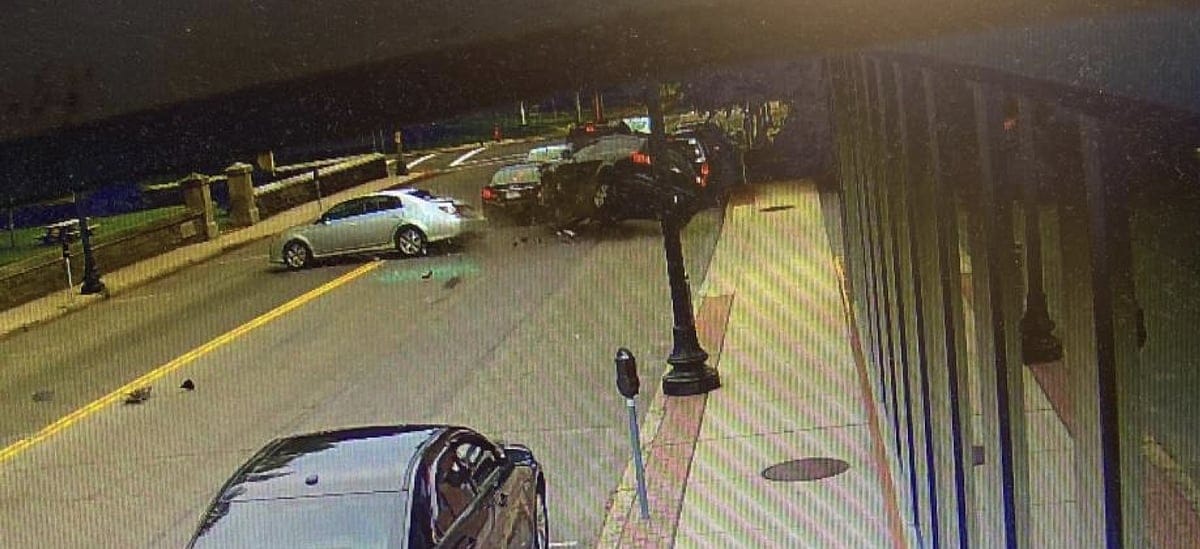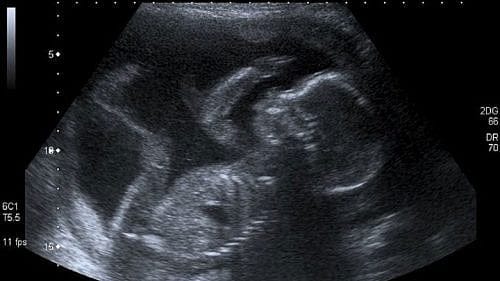Dangerousness Is In The Eye of the Statute, Massachusetts High Court Says

A driver who admitted drinking two shots of whiskey and taking oxycodone and another prescription drug before blacking out and hitting a pedestrian and about a dozen cars should not have been held without bail under the state's dangerousness law, the Massachusetts Supreme Judicial Court ruled Friday.
That's because the state statute that allows detaining a person after a dangerousness hearing does not specifically mention the crimes the driver was charged with – which were manslaughter and assault and battery by means of a dangerous weapon causing serious bodily injury.

